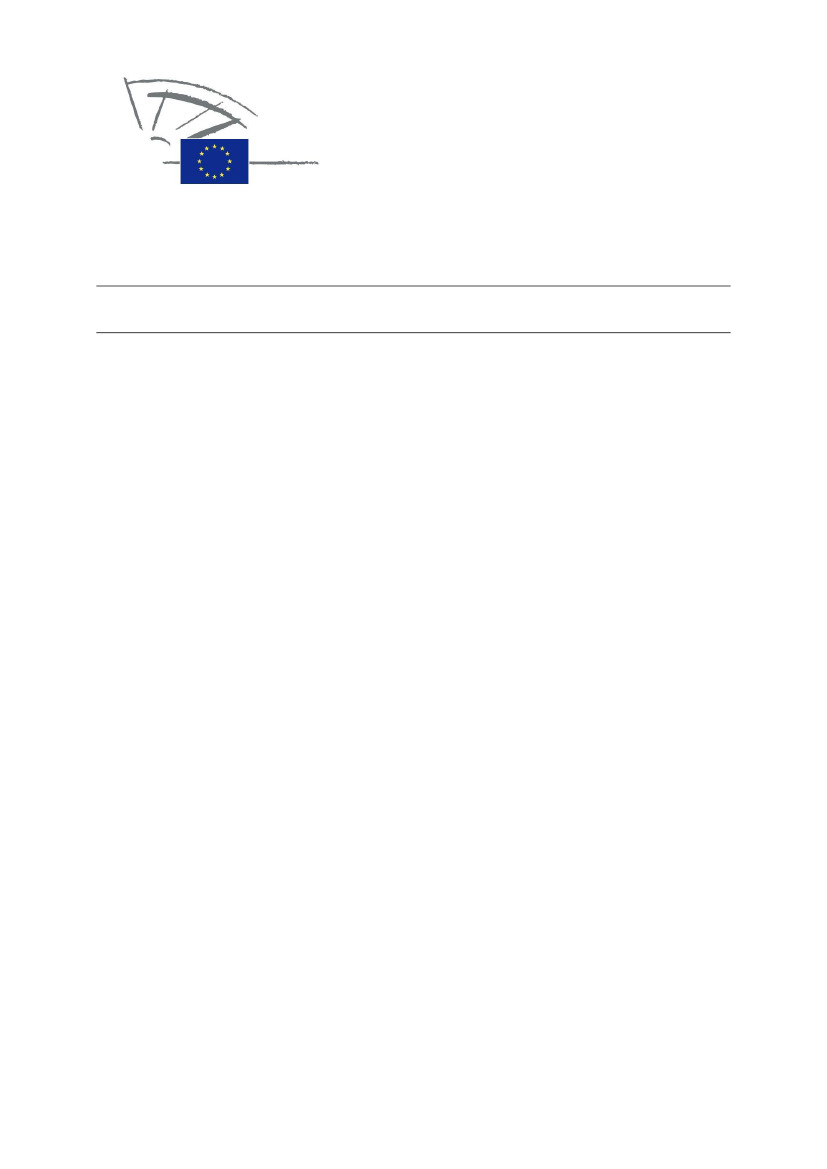
Co-organised with
Belgian Chamber - Special
Committee for Comité R
Possibly:
Italian Parliament – Copasir
German Bundestag –
Parlamentarisches
Kontrollgremium
Dutch Chamber – Permanent
Committee of Interior
EUROPEAN PARLIAMENT
Committee on Civil Liberties, Justice and Home Affairs
DRAFT AGENDA
INTERPARLIAMENTARY COMMITTEE MEETING
European Parliament - National Parliaments
Conference on the
Democratic oversight of Intelligence
services in the European Union
Thursday, 28 May, 09.00 - 12.30
Thursday, 28 May, 14.30 - 18.00
Friday, 29 May, 9.00 -12.00
European Parliament, Brussels
Room: JAN 2Q2
Organised with the support of the Directorate for Relations with National Parliaments
OJ\1054793EN.doc
PE552.010v01-00
United in diversity
EN
EN